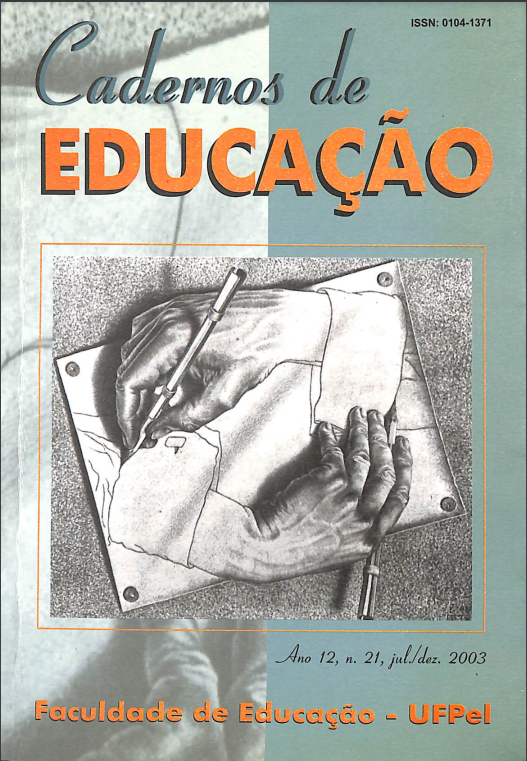IMAGINARY AND CHILDREN’S CULTURES
Abstract
Child’s imaginary is one of the most studied characteristics of the specific kinds of relationship between children and the world. Theoretical psychological frames have dominated research. Despite the essential differences between the different currents, the psychological perspectives of childhood imaginary have the same core idea, inherent to modern childhood conception: childhood imaginary is seen as a deficit of expression – children imagine the world because they don’t have an objective thought or because their rationale linkage with reality is not completely formed. However, within a Sociological or Anthropological frame, when we talk about childhood imaginary, what we mean is difference and not deficit. Imaginary is embodied in the development processes of personality and rationality of each child as a person, but it takes place in a social and cultural context that supplies the conditions and possibilities of this process. The social and cultural conditions are heterogeneous, but they act on a global childhood condition: that of a generation without autonomous conditions of existence and development which is under control of the adult generation. Global childhood condition has its symbolic dimension in the cultures of childhood. In this paper we analyse the distinctive traces of children’s cultures, in the context of social and cultural conditions of the 2nd modernity, and we propose interpretation models about the the relationships of children’s cultures, the production system, and the institutions for childhood and the school.


